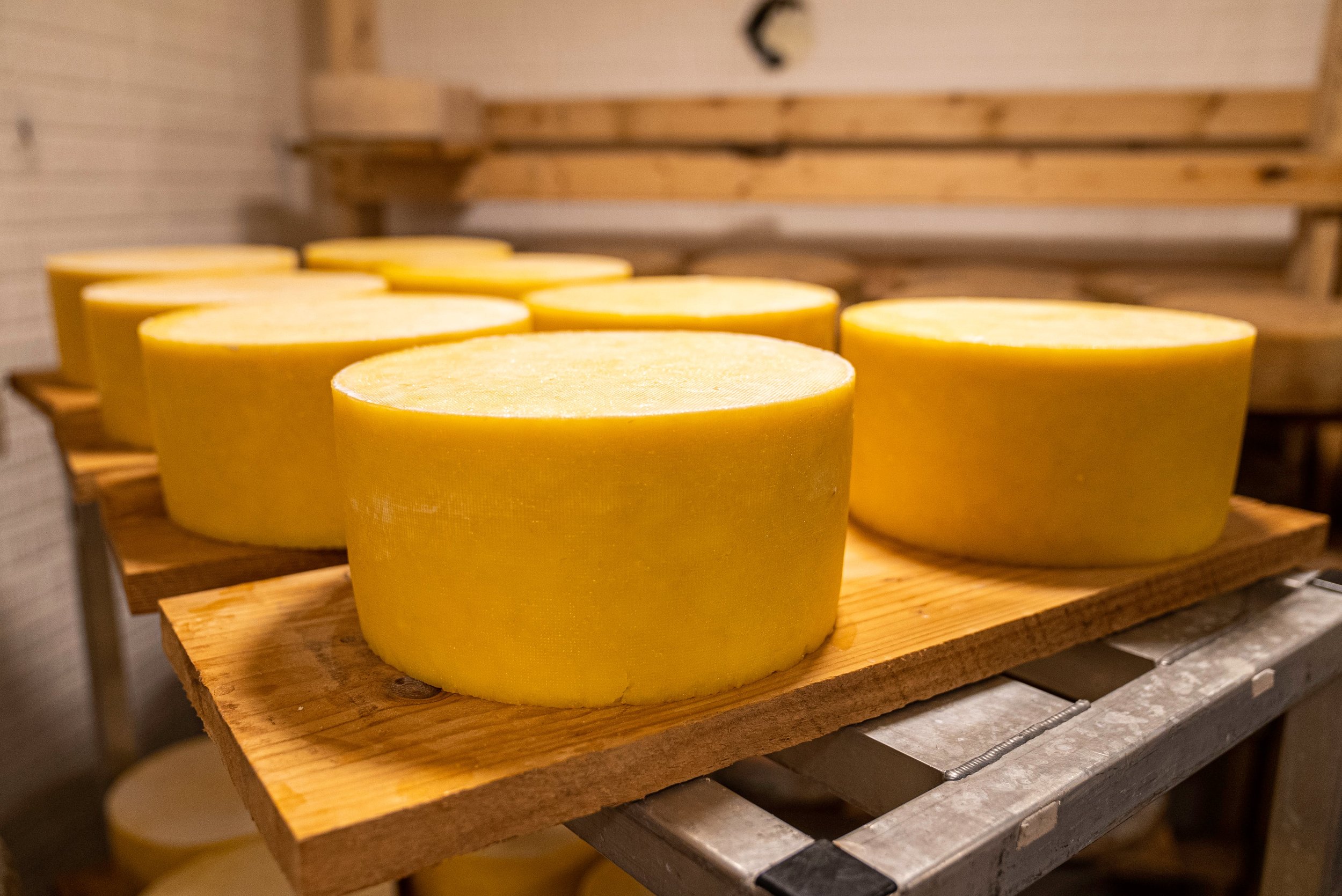A Dating Platform for Jobs: Berlin-based Start-up Tälist Revolutionizes Hiring with AI Matching
Tälist announces the launch of its AI-powered matchmaking platform, AltProtein.Jobs. The start-up uses AI algorithms to connect job seekers and employers, ensuring fast and precise matches to accelerate the transition to a sustainable food system.
Sustainability Careers in the Alternative Protein Sector: What You Need to Know
The Alternative Protein sector is emerging as the keystone on the path for sustainable food solutions, offering diverse career opportunities across various roles, from scientific research to business development.
Tälist Impact Report
Tälist connects top talent and businesses in the Alternative Protein industry globally, offering the largest job board in the sector and AI-powered matchmaking for seamless hiring.
How Alternative Proteins Promote Environmental Sustainability
Could Alternative Proteins solve the climate crisis? The livestock sector is responsible for 12-20% of all greenhouse gas emissions, with meat making up 60% of the food system’s emissions — twice as much as plant-based foods.
Engineering a Sustainable Future: The Impact of Mechanical Engineers in the Alternative Protein Industry
Mechanical engineers contribute significantly to the Alt Proteins industry in areas like designing new protein extraction equipment, developing efficient bioreactors, and repurposing existing production facilities.
GFI State of the Industry Reports 2023: A Roadmap for Alt. Protein Job Seekers
Curious about what is happening in the Alternative Protein world? The Good Food Institute’s 2023 State of the Industry Reports provide a comprehensive look into the rapidly evolving landscapes of plant-based, cultivated, and fermentation-derived proteins.
What Does a Production Engineer Do?
Production engineers are essential in designing, implementing, and optimizing the production processes in the manufacturing sector. These professionals ensure that production lines are efficient, cost-effective, and capable of scaling up to meet demand.
What Do Process Engineers and Food Manufacturing Engineers Do in the Food Industry?
Process engineers in the food industry are integral to the development and optimization of manufacturing processes, especially within the fast-developing field of Alternative Proteins such as plant-based and cultivated animal product alternatives.
Press Release: Impact Benchmarking for Alt. Proteins Careers
The new benchmarking tool from Tälist calculates the potential impact that work in the alternative protein sector can achieve.
Culinary R&D Jobs: Creating the Future of Alternative Proteins
Culinary R&D specialists are innovating the Alternative Proteins sector, creating new food products to meet sustainability and market demands. What is the job of an R&D chef like and how are they shaping the field of Alternative Proteins?
What is the Role of a Food R&D Technologist in the Food Industry?
The Food R&D Technologist is a professional that plays a critical role in Research and Development which is responsible for continuously innovating new products and refining existing processes. R&D ensures companies meet evolving consumer demands while staying ahead of the competitors.
Diversity and Motivation: Examining Career Paths in the Alternative Protein Industry
Did you know that more than a third of professionals in the Alternative Protein industry transitioned directly from university, while others brought valuable experience from diverse fields? In collaboration with Zuzana Šperlová, author of the thesis "Visions and Missions in the Alternative Protein Industry: Perspectives of employees, directors, and investors," this article offers an in-depth look at the diverse backgrounds, motivations, and career trajectories within the AltProteins industry.
Fermentation Microbiologist Jobs: Advancing the Alternative Protein Sector
Substantial investments as high as $3.7 billion have flown into the fermentation sector of the Alternative Proteins field since 2013. This article will explore this field, the qualifications required, and the exciting career opportunities that await fermentation microbiologists.
Exploring Food Biochemistry Jobs and Their Role in Alternative Proteins
Food biochemistry, blending biology and chemistry, is key in developing sustainable, nutritious food – Alternative Proteins included. This article will explore the significant role food biochemists play in the innovation of Alternative Proteins, the educational pathways leading to this career, and the global job market for food biochemistry jobs.
R&D Innovations in Alt-Protein: Shaping the Future of Food Science
As the demand for Alternative Proteins continues to rise, the number of jobs for R&D professionals with expertise in manufacturing, science, regulatory affairs, and food technology is increasing significantly. What role can they play and what qualifications are needed? Learn more in this article.
Press Release: First Masterclass in Alt. Protein Careers
A unique opportunity for professionals in the food industry, sustainability advocates, and aspiring changemakers to accelerate their careers in this fast-growing and impactful industry.
Transform Your Career with the World’s First Masterclass for Careers in the Alternative Protein Industry
Are you ready to lead the change in the future of food? We are thrilled to offer the world's first comprehensive 6-week Masterclass in Alternative Proteins Careers.
From Chemistry to Cultivated Meat: Opportunities for Professionals to Redirect Their Careers
As the world is turning towards more sustainability, new solutions such as cultured animal products appear on the market. What opportunities are waiting for chemistry professionals in the cultivated meat field and how can you shift your career to this sector?
Cultivating Sustainability: Bioengineers and the Future of Food
The role of bioengineers in creating sustainable food systems has never been more critical. Find out more about how bioengineering can help create Alternative Protein products in this article.
Microalgae: The Rising Star of Food Tech
Microalgae have gained global interest for their diverse applications in the food industry. Renewable and economical, these tiny powerhouses offer solutions to food security and environmental challenges. What expertise is required to start a career in this promising field?




















